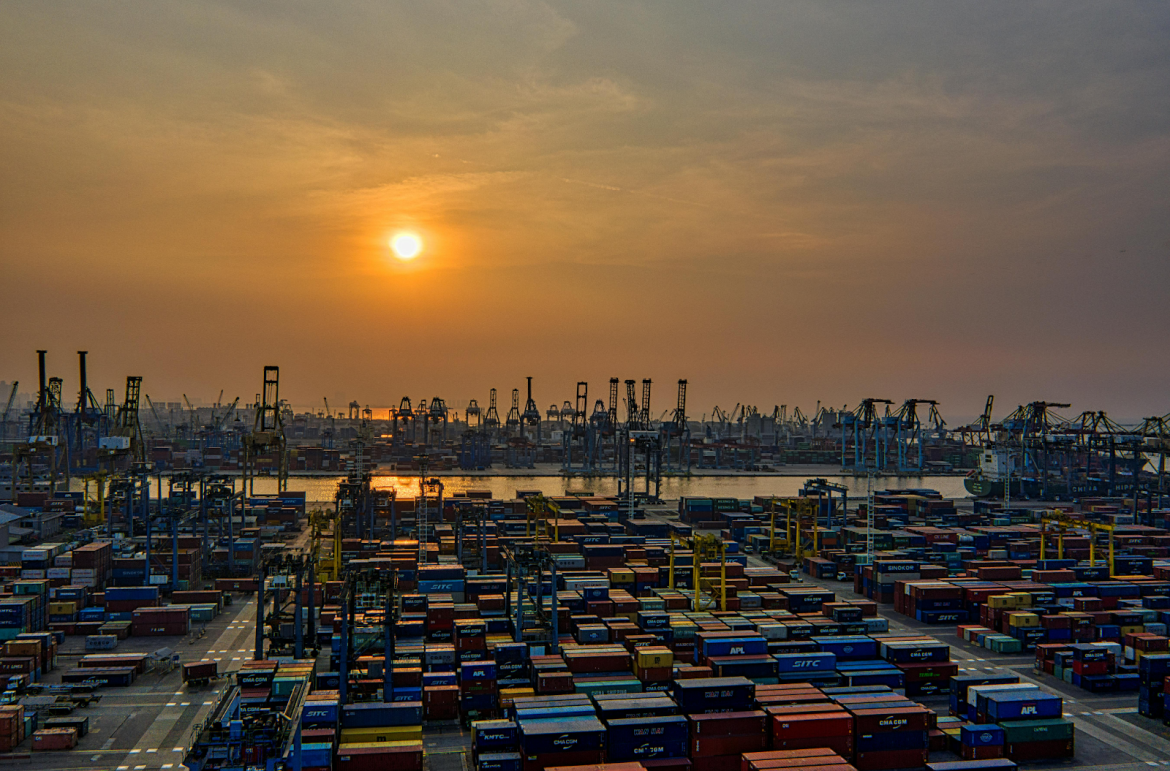President Donald Trump’s threat to impose 100% tariffs on China is so extreme that it has raised a frightening possibility: is this the beginning of the great decoupling of the world’s two largest economies? This question is now being seriously contemplated by investors and policymakers, who fear a permanent rupture in global trade.
A 100% tariff is not a negotiating tool; it is a weapon of economic blockade. If implemented, it would make trade in most goods between the U.S. and China economically unviable. Supply chains that have taken decades to build would be shattered, forcing a massive and painful reordering of the global economic system.
The threat comes in the context of a broader strategic competition. The U.S. has already taken steps to restrict Chinese access to key technologies, such as semiconductors. The tariff threat, combined with new controls on “critical software,” can be seen as the next logical step in a deliberate effort to separate the two countries’ technological and economic spheres.
The market’s visceral, negative reaction, including a $2 trillion loss in stock value, reflects the catastrophic implications of such a split. A decoupled world would be a poorer, less efficient, and more dangerous one. The globalized system that has lifted millions out of poverty would be put into reverse.
While some U.S. officials have tried to soften the message, and President Trump himself has been inconsistent, the sheer magnitude of the threat has forced the world to confront this worst-case scenario. China’s defiant response suggests it is also preparing for this possibility. The fear of decoupling is no longer a distant academic theory; it is now a clear and present danger.

